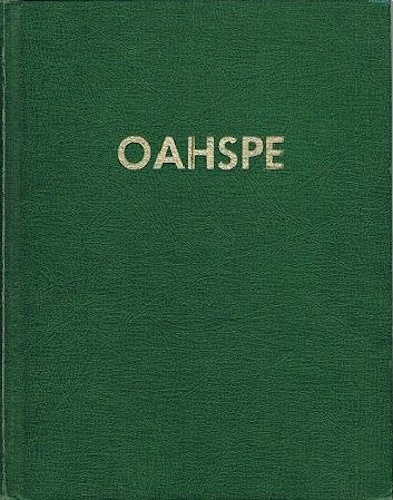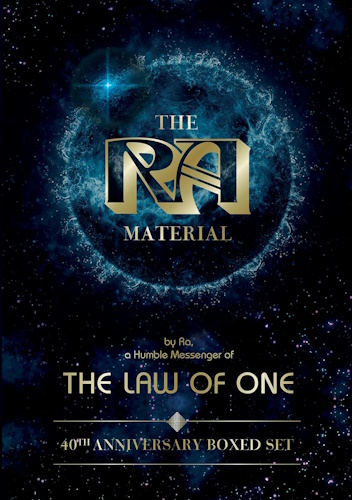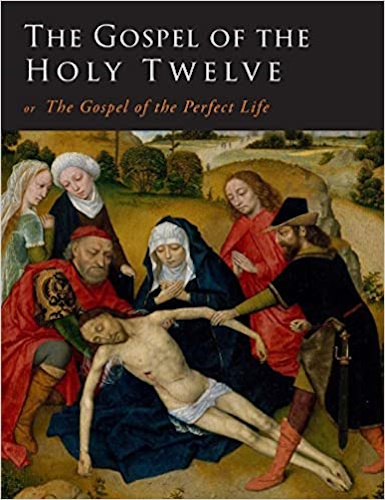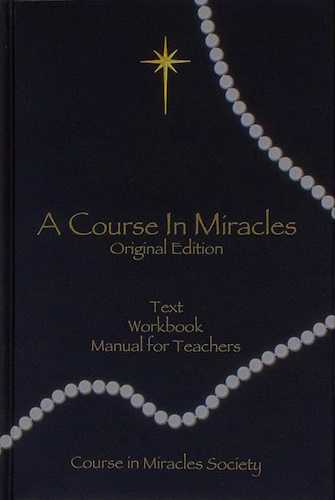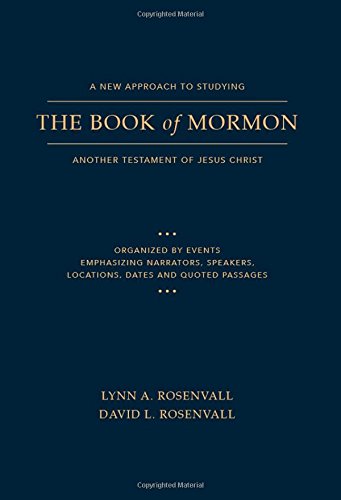
![]()
![]()
Book of Cosmogony and Prophecy
Chapter VIII
1. LET ethe stand as one; ji'ay as two; a'ji as three, and corpor as four. To ethe give motion one hundred, or ninety-nine (as the case may be); to corpor give zero, that is, no motion (of itself); to ji'ay give sixty-six; to a'ji give thirty-three.
2. Ethe, being the time of light, is named dan; ji'ay, the time of fevers, epidemics, plagues; and a'ji the time of wars, dashing forth with power and grasping; mi, the earth being the subject.
3. There is still another period to all corporeal worlds, LUTS. In the time of luts there falleth on a planet condensed earthy substances, as clay, stones, ashes, molten metals dessiminated, and so on, in such great quantities that it can be compared to snow-storms, piling up corporeal substance on the earth in places to a depth of many feet, and in drifts to hundreds of feet.
4. Luts was by some ancient prophets called UZ, because it was a time of destruction. If luts followed soon after a se'muan period, when portions of the earth were covered with se'mu and rank vegetation, it charred them, penetrating and covering them up. Thus were made, for the most part, the coal-beds and oil-beds in the earth.
5. Luts belongeth more to an early age of a planet, when its vortex is more extended, and when the nebulous clouds in its outer belt are subject to condensation, so as to rain down on the earth these corporeal showers.
6. The time of dan is the opposite of this; and although it is the time of spirituality amongst mortals, and the time of prophecy and inspiration, yet it is the time the earth is rapidly giving off its life force, and its moisture; rapidly growing old.
7. Consequently the two most important periods for the prophet's consideration come within thirty-three and sixty-six, or, as they of old said, man and beast. In which measure man is divided into two parts (man and beast), and there is ever a percentage in his behavior inclining to one or the other, and they correspond to the vortexian currents of the earth.
8. The student must not consider merely individuals, but nations and peoples belonging to continents. And the relationship that cometh of a'ji or dan, or their percentage, must have reference to such nations or peoples as manifest to its influence.
9. Thus, suppose a grade to run below thirty-three, but not as low as twenty-two, and such a people fall under a'ji for a period of sixty-six years, or even more, war, destruction, death and lust will come upon that people. But suppose the same fall of a'ji come upon a people graded above thirty-three, to sixty-six, war and intellect, with oratory, music and remarkable men of genius will result. But, to carry it still further, the same fall of a'ji coming on a people above sixty-six, they will manifest in multitudinous Lords, Gods and Saviors, and
p. 587
in superstitions, rites and ceremonies, which will all more or less pertain to sexualisms.
10. The prophet is thus enabled to determine, by the vortexian currents, the rise and fall of nations, and to comprehend how differently even the same showers and shadows of the unseen worlds will affect different peoples. And the same rules apply in the manifestation of dan; according to the grade of a people, so will they receive its light. If below thirty-three, they will become magicians and prophets without virtue; if above thirty-three, but below xixty-six, they will become self-opinionated malefactors, running into licentiousness for self-sake. But if above sixty-six, they will become true prophets, abnegating self for sake of righteousness.
11. Let the student compare the Faithists of Capilya in India with the Cojuans of the same country; and the Faithists of Moses in Egupt with the Eguptians of the same country. The Faithists of both countries advanced, but their persecutors both went down to destruction. The peace of the Faithists held four hundred years; and then both peoples began to choose kings, which was followed by nine hundred and ninety years of darkness.
12. So that whether the vortices show approaching light or approaching darkness the prophet must bear in mind the grades of peoples. Any given light amongst mortals as to the past, will thus show the date of its occurrence; whilst the heavenly lights will equally foreshow what will come upon any people.
13. It is not sufficient for man to know how to prophesy; but to learn how to overcome the elements of his surroundings. As previously set forth, there are regions of drouth on the earth, which man must learn to overcome, by causing rains to fall. He shall provide explosive gases high up in the air, which shall break the wind currents, establishing vortices from the upper regions downward.
14. And when an epidemic is prophesied to a city, man shall dissipate the falling se'mu, and thus save it from destruction.
15. The inoculation, or vaccination, of flesh with poison, to save it from poison, is to use the battle-ax of satan. Man shall learn the higher law; to save by virtue instead of vice.
16. As to the grades, the student is referred to the Book of Es.
17. Prophecy is not guess-work. Absolute rules govern all things. A few individuals in a nation, or of a people, are a small matter. Nor must the prophet swerve one jot or tittle by the pretensions of a people. As for example: the Brahmans, the Buddhists, the Mohammedans and the Christians, all profess faith in their respective Gods and Saviors; but their professions are false. Their faith is in soldiers and standing armies, and in implements of destruction. The prophet must not, therefore, suffer himself to hearken to individual explanations. He must grade them in their entirety; whether they manifest below thirty-three, or above sixty-six, without regard to pretensions.
18. When the student hath completed his tables of orachnebuahgalah, with the history of the period, and taken the measure of grades of the different nations and peoples of the earth, he will find that he can not only foretell the future, but he can discover the past history for an equally long period of time.
19. And when he hath thus completed two cycles, he can find a third, and then a fourth, and so on, until all the past history of the earth is delivered up to his understanding.
-
Urantia Book, 44:0.11 - The Celestial Artisans
Never in your long ascendancy will you lose the power to recognize your associates of former existences. Always, as you ascend inward in the scale of life, will you retain the ability to recognize and fraternize with the fellow beings of your previous and lower levels of experience. Each new translation or resurrection will add one more group of spirit beings to your vision range without in the least depriving you of the ability to recognize your friends and fellows of former estates.
-
Princess Bride 1987 Wallace Shawn (Vizzini) and Mandy Patinkin (Inigo Montoya)
Vizzini: HE DIDN'T FALL? INCONCEIVABLE.
Inigo Montoya: You keep using that word. I do not think it means what you think it means. -
Urantia Book, 117:4.14 - The Finite God
And here is mystery: The more closely man approaches God through love, the greater the reality -- actuality -- of that man. The more man withdraws from God, the more nearly he approaches nonreality -- cessation of existence. When man consecrates his will to the doing of the Father's will, when man gives God all that he has, then does God make that man more than he is.
-
Urantia Book, 167:7.4 - The Talk About Angels
"And do you not remember that I said to you once before that, if you had your spiritual eyes anointed, you would then see the heavens opened and behold the angels of God ascending and descending? It is by the ministry of the angels that one world may be kept in touch with other worlds, for have I not repeatedly told you that I have other sheep not of this fold?"
-
Urantia Book, Foreword - 0:12.12 - The Trinities
But we know that there dwells within the human mind a fragment of God, and that there sojourns with the human soul the Spirit of Truth; and we further know that these spirit forces conspire to enable material man to grasp the reality of spiritual values and to comprehend the philosophy of universe meanings. But even more certainly we know that these spirits of the Divine Presence are able to assist man in the spiritual appropriation of all truth contributory to the enhancement of the ever-progressing reality of personal religious experience—God-consciousness.
-
Urantia Book, 1:4.3 - The Mystery Of God
When you are through down here, when your course has been run in temporary form on earth, when your trial trip in the flesh is finished, when the dust that composes the mortal tabernacle "returns to the earth whence it came"; then, it is revealed, the indwelling "Spirit shall return to God who gave it." There sojourns within each moral being of this planet a fragment of God, a part and parcel of divinity. It is not yet yours by right of possession, but it is designedly intended to be one with you if you survive the mortal existence.
-
Urantia Book, 1:4.1 - The Mystery Of God
And the greatest of all the unfathomable mysteries of God is the phenomenon of the divine indwelling of mortal minds. The manner in which the Universal Father sojourns with the creatures of time is the most profound of all universe mysteries; the divine presence in the mind of man is the mystery of mysteries.
-
Urantia Book, 1:4.6 - The Mystery Of God
To every spirit being and to every mortal creature in every sphere and on every world of the universe of universes, the Universal Father reveals all of his gracious and divine self that can be discerned or comprehended by such spirit beings and by such mortal creatures. God is no respecter of persons, either spiritual or material. The divine presence which any child of the universe enjoys at any given moment is limited only by the capacity of such a creature to receive and to discern the spirit actualities of the supermaterial world.
-
Urantia Book, 11:0.1 - The Eternal Isle Of Paradise
Paradise is the eternal center of the universe of universes and the abiding place of the Universal Father, the Eternal Son, the Infinite Spirit, and their divine co-ordinates and associates. This central Isle is the most gigantic organized body of cosmic reality in all the master universe. Paradise is a material sphere as well as a spiritual abode. All of the intelligent creation of the Universal Father is domiciled on material abodes; hence must the absolute controlling center also be material, literal. And again it should be reiterated that spirit things and spiritual beings are real.
-
Urantia Book, 50:6.4 - Planetary Culture
Culture presupposes quality of mind; culture cannot be enhanced unless mind is elevated. Superior intellect will seek a noble culture and find some way to attain such a goal. Inferior minds will spurn the highest culture even when presented to them ready-made.
-
Urantia Book, 54:1.6 - True And False Liberty
True liberty is the associate of genuine self-respect; false liberty is the consort of self-admiration. True liberty is the fruit of self-control; false liberty, the assumption of self-assertion. Self-control leads to altruistic service; self-admiration tends towards the exploitation of others for the selfish aggrandizement of such a mistaken individual as is willing to sacrifice righteous attainment for the sake of possessing unjust power over his fellow beings.
-
Urantia Book, 54:1.9 - True And False Liberty
How dare the self-willed creature encroach upon the rights of his fellows in the name of personal liberty when the Supreme Rulers of the universe stand back in merciful respect for these prerogatives of will and potentials of personality! No being, in the exercise of his supposed personal liberty, has a right to deprive any other being of those privileges of existence conferred by the Creators and duly respected by all their loyal associates, subordinates, and subjects.
-
Urantia Book, 54:1.8 - True And False Liberty
There is no error greater than that species of self-deception which leads intelligent beings to crave the exercise of power over other beings for the purpose of depriving these persons of their natural liberties. The golden rule of human fairness cries out against all such fraud, unfairness, selfishness, and unrighteousness.
